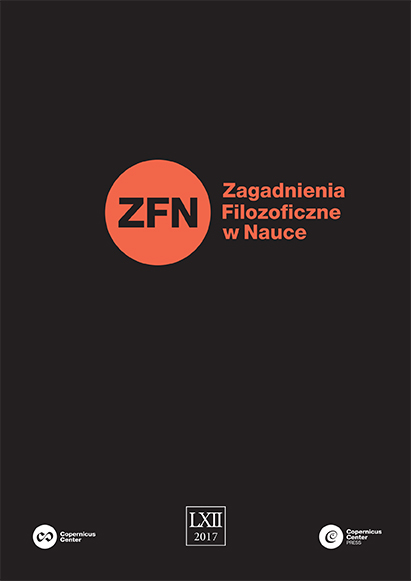
Panorama inna niż wszystkie
Book review of: Panorama współczesnej filozofii, Jacek Hołówka, Bogdan Dziobkowski (ed.), Wydawnictwo Naukowe PWN, Warszawa 2016, pp. 559.
More...We kindly inform you that, as long as the subject affiliation of our 300.000+ articles is in progress, you might get unsufficient or no results on your third level or second level search. In this case, please broaden your search criteria.

Book review of: Panorama współczesnej filozofii, Jacek Hołówka, Bogdan Dziobkowski (ed.), Wydawnictwo Naukowe PWN, Warszawa 2016, pp. 559.
More...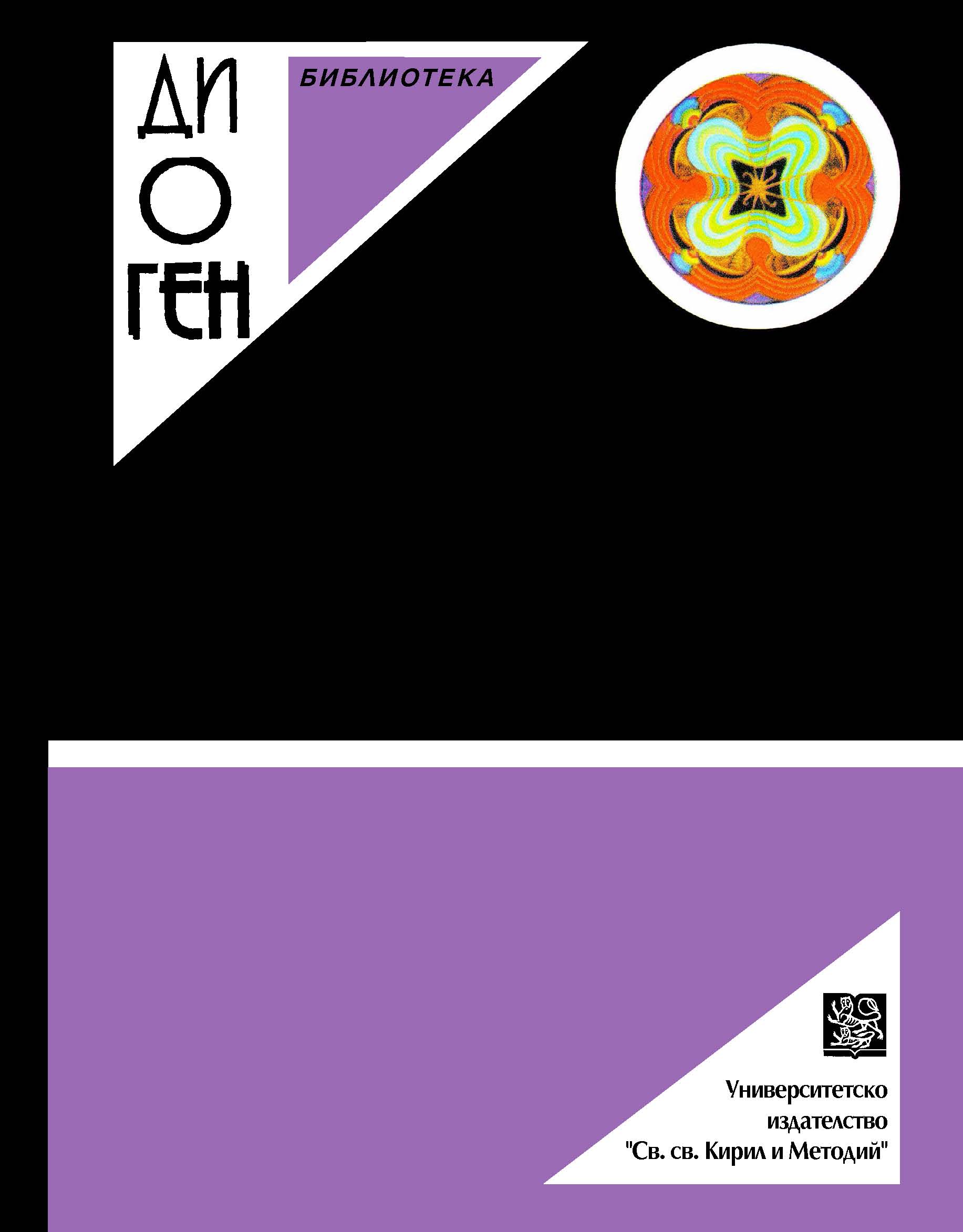
In the present study, we discuss psychological acculturation, by which we mean the internal processes of change that immigrants experience when they come into direct contact with members of the host culture. The model we present builds on research in the areas of social and ethnic identity. Each of these perspectives is discussed in accordance with its relevance to the acculturative processes operating in immigrants. We understand ethnic identity as a dynamic state, that is determined by three components: (1) by the degree of inclusion in the group of one’s cultural origin; (2) the tendency to assimilate to the ethnic group of origin; and (3) the complementary tendency to differentiate from one’s own ethnic group. Social identity conveys belonging of the individual to different social categories and the value as well as emotional significance of this membership. We have sought to explain how the processes of social categorization, inand out-group identification and social comparison predetermine the direction of the acculturation process and hence the intercultural interaction and wellbeing of the youth from immigrant backgrounds in Germany. Results indicated that immigrants who have more identified themselves with dominant society have expressed the strong preference to integration strategies. The immigrants that had a high degree of ethnic identification have expressed the low preference to the integration as well to marginalization and assimilation. In its turn, the powerful feeling of belonging to an ethnic group and attitude towards the group promotes immigrants segregation choice.
More...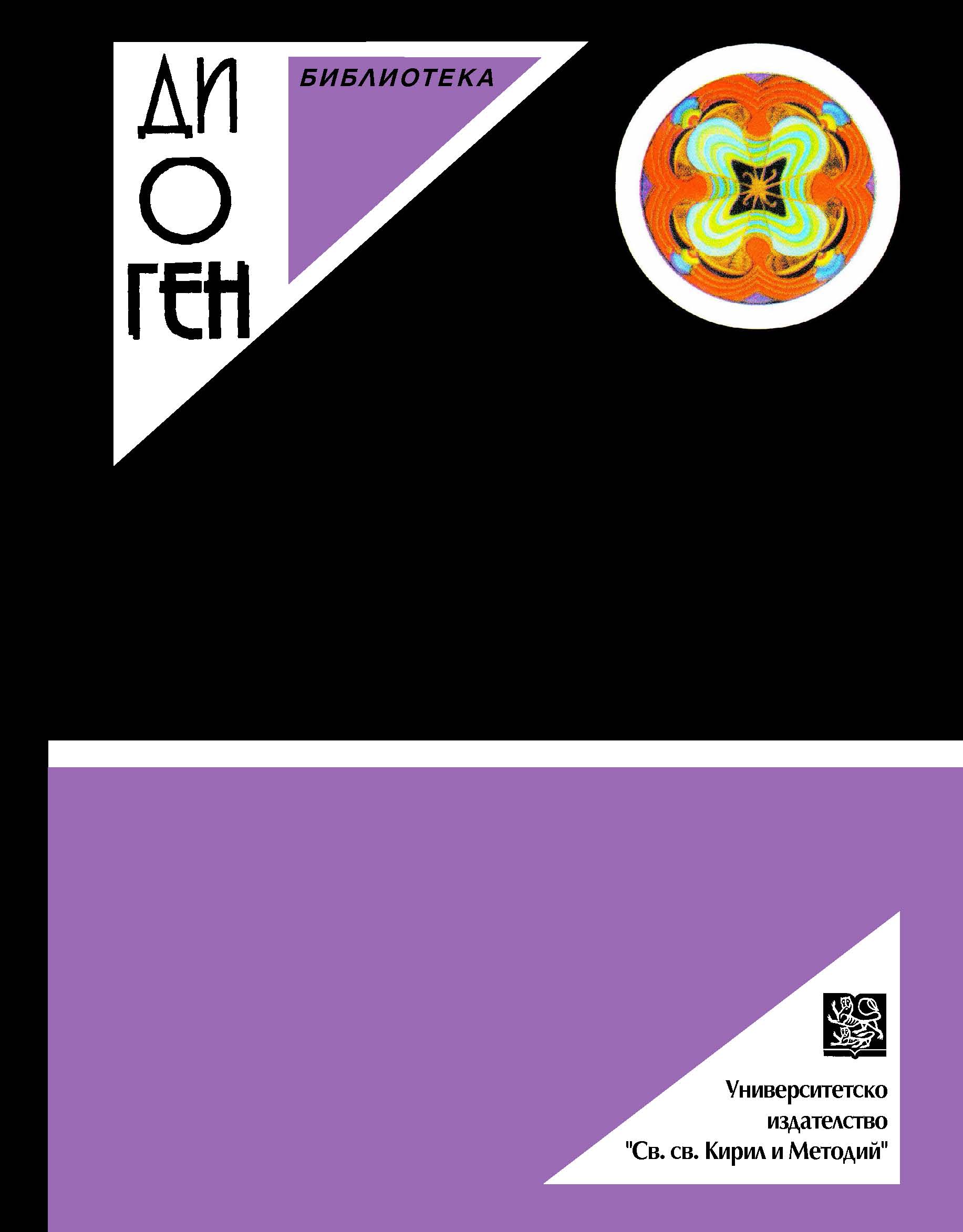
In this study are considered: Philosophy – included in the values of the organization and management culture; philosophy as a factor and a model in public management and the practical activities; philosophy and pragmatic orientation of management actions.
More...
The philosophical tradition of the world famous Bulgarian philosopher Prof. Dimiter Mihalchev is considered in the paper. The author’s approach is theoretical – he would like to analyze the basic character of philosophy as regards sciences.
More...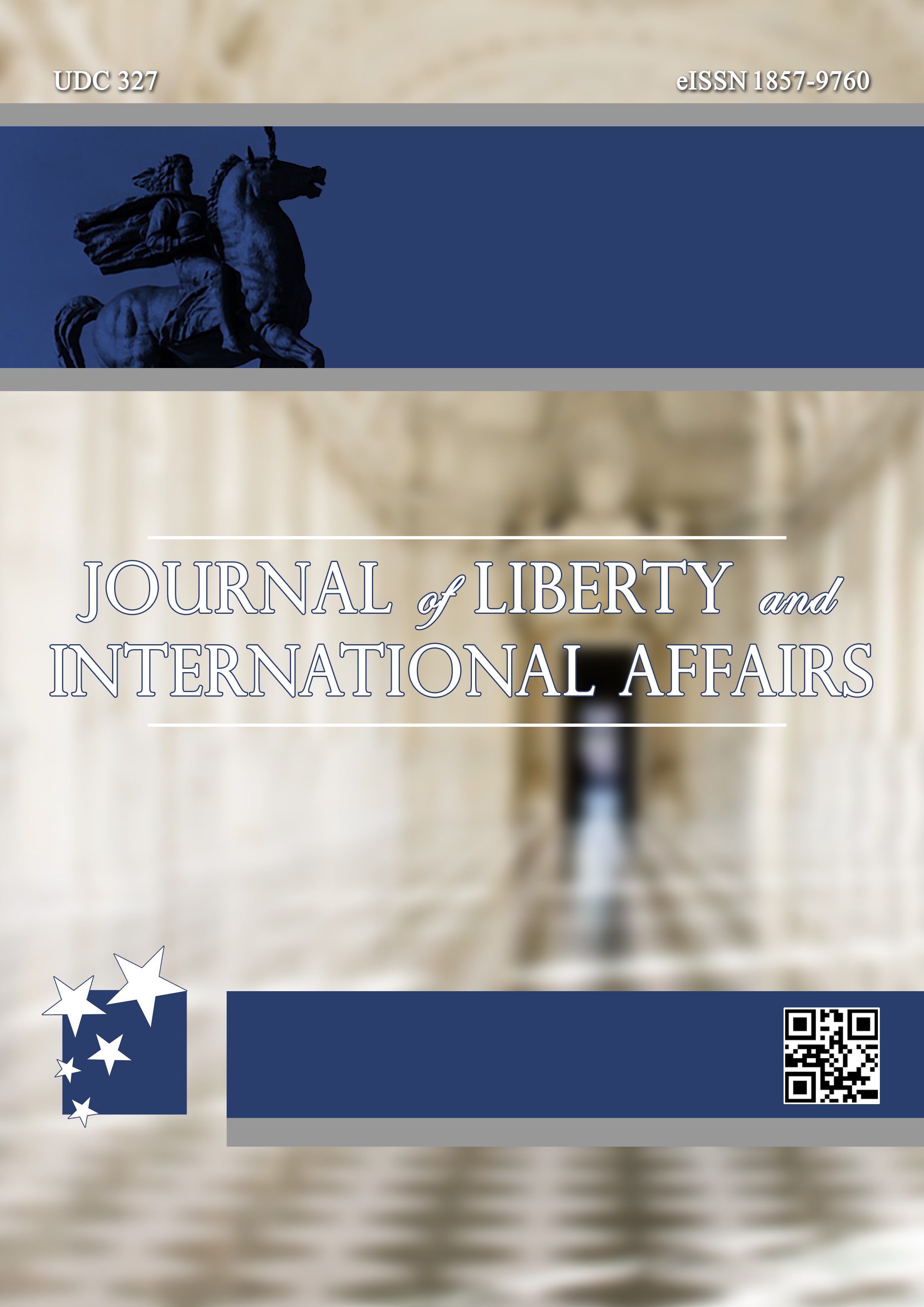
One of the essential postulates of political orientation and determination for the building of stable societies and a functioning political system in its content recognizes and imposes the need to examine the relation of relevant political actors to constitutionalism and human rights as concepts and preoccupations for any modern society. Also, constitutionalism and human rights and freedoms as its inseparable category manifest the political values and the corpus of essential and common political goals and commitments of a particular political community. Political Islam as an ideological political subject has its own sources and a valuable orientation framework through which prisms and perceptions can be interpreted or extracted by individual axiological determinants to certain issues. This paper analyzes exactly the relations of political Islam with constitutionalism and human rights, and similarly to the so-called framework it draws attention to the concepts of power, the mechanisms of control and compliance with the Sharia regulations. At the same time, the importance of human rights and freedoms in the Islamic narrative, their nature and scope, as well as the differences with the western established documents in this area are emphasized and analyzed.
More...
We argue the ontological character of information, along with energy and substance, as well as the structural-phenomenological unity at all scales and levels of reality. We use an interdisciplinary, inductive-deductive methodology, within the broad framework of the naturalistic conception. We start from the current reality, which is the impact of information technology, information networks, virtual reality and artificial intelligence, insisting on the role of information in the gnosiological approach. The preponderance of the logical reductionist positivism in the scientific research and the exaggerated focus on the particle and high energy-physics, made possible that the problem of information be almost completely eluded. Even Shannon and Weaver’s information theory considers information only from a quantitative viewpoint, and only through its relation to entropy and the second law of Thermodynamics. The development in the nonlinear dynamics field of chaos theory, fractal geometry and topology, and especially the spectacular development of information technology in the last two decades, needs a systematic analysis, including the defining of information and its importance in the structuring of reality along with energy and substance. From this perspective, all our concepts, starting from physical reality to psychological imaginary reality, can be coherently understood through the same paradigms, irrespective of whether we are talking about the conservation law, the Euclidean dimension, fractal or topological dimension or the multidimensional processing mechanism through syntactic, semantic, pragmatic and hermeneutic processing of the human and artificial language and knowledge in general. This informational paradigm assumes the existence of a functional, phenomenological, potential background represented by information and which can be mathematically modeled through topology. The semantic emergent logic (semantic emergent topology when applied to the reality structuring) can help to elucidate the old mind-brain dualism, with solving other paradoxes, particularly the theory of emergence.
More...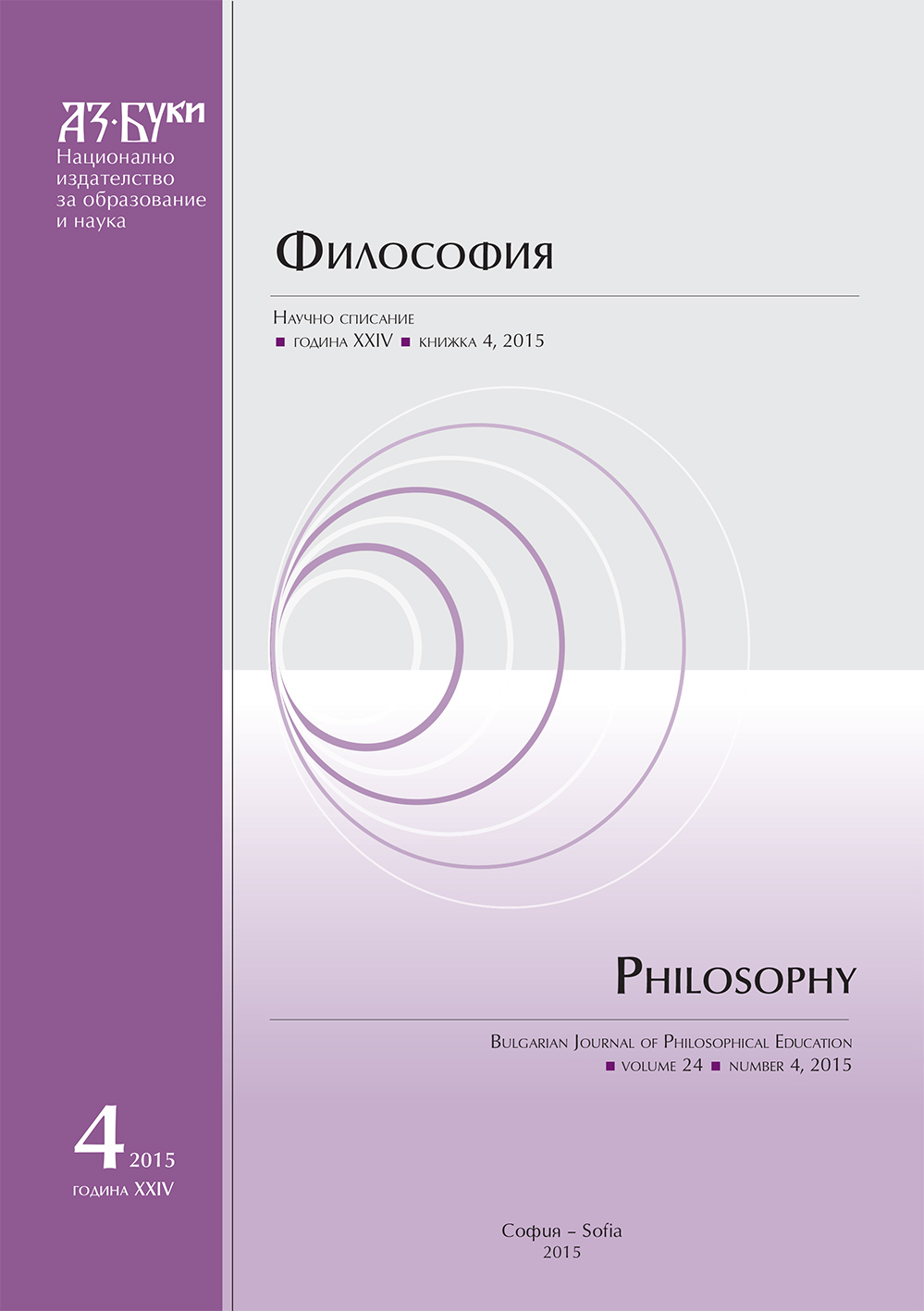
The Roman Mithraism is an Occidental variant of the cult of the ancient Iranian deity Mithra. The article explores the Iranian origin of some of the main mythological motives found in this Mystery religion and their interpretation through the prism of the Neo-Pythagoreanism and Neo-Platonism in the Late Antique Rome. A hypothesis is formulated about the fundamental significance of the concept of the logos or ratio in the context of the numerological and musical-astronomical allegories of the cult, derived from the Chaldean-Persian teachings and the science of ancient Sumer, permitting to reconstruct yet unsuspected aspects of its esoteric doctrine.
More...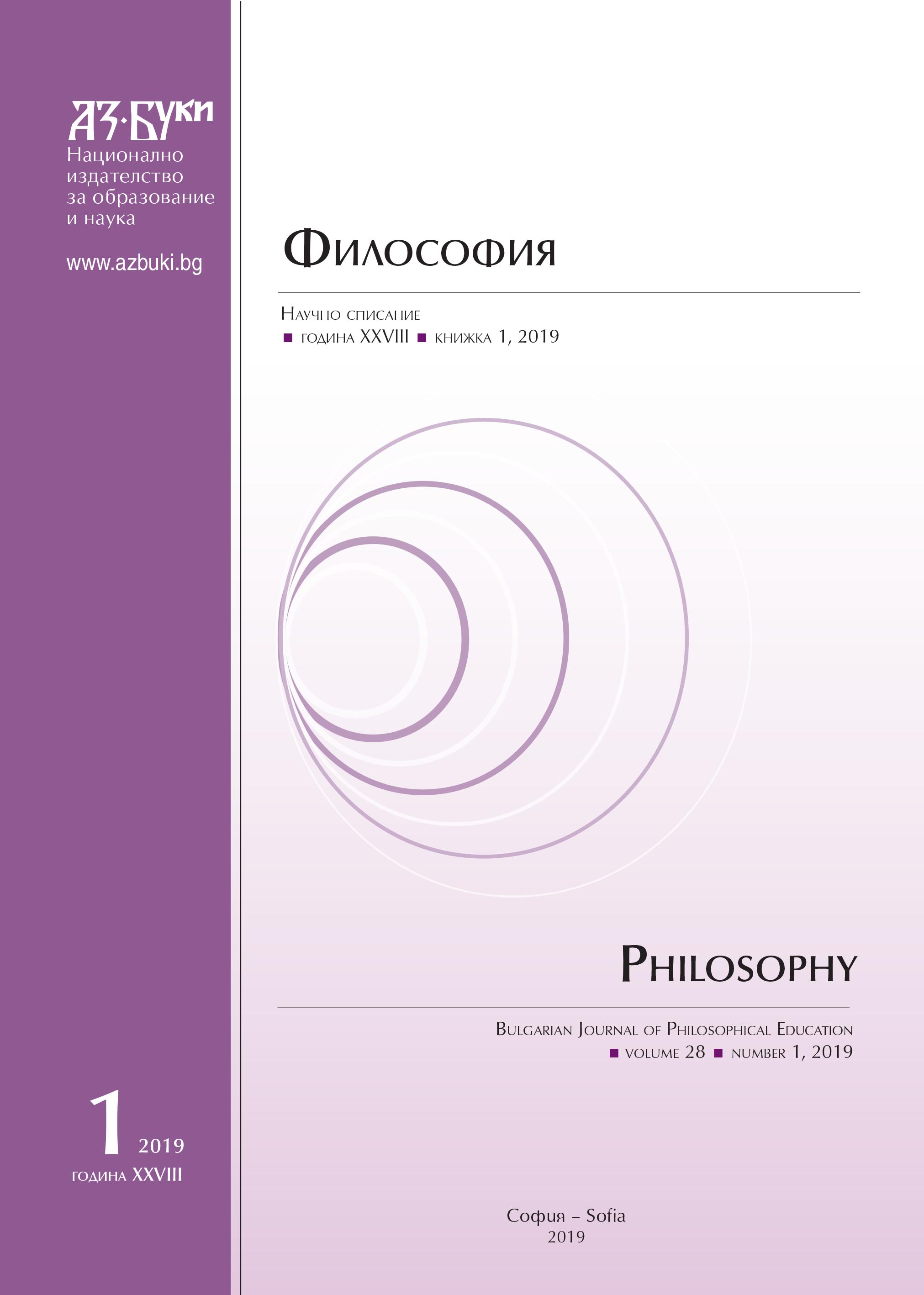
The understanding of human consciousness as a kind of computer is insufficient and even irrelevant, taking into account the modern advances in the development of cognitive science. The author argues that a certain paradigm shift in the understanding of human consciousness and its creative abilities takes place. Consciousness is rather dynamic and autopoietic entity that is embedded into environment and intimately related with the human body. Consciousness is embodied, situated and enactive. A great contribution to this conception of human consciousness (mind) is made by Francisco Varela and his followers. Autopoiesis of consciousness means that it is able to maintain its integrity in the processes of self-organization in the permanently changing environment. An autopoietic activity of consciousness it directed to the search of elements that are missed, it longs for completing integral structures. For these reasons, it is possible to create a new, fresh view on the creative activities of consciousness, if we base our notions on the modern theories of complexity, dynamic chaos and self-organization. In the theoretical frames, chaos acquires a creative image; it is not simply a destroying force. Complex structures emerge in chaos and out of chaos. Chaos is organized and it organizes. When destroying, it builds. Chaos has many facets. Chaos is a way of renovation of complex organizations. A periodical immersion of human consciousness into chaos is a way of stimulation of its cognitive and creative activities.
More...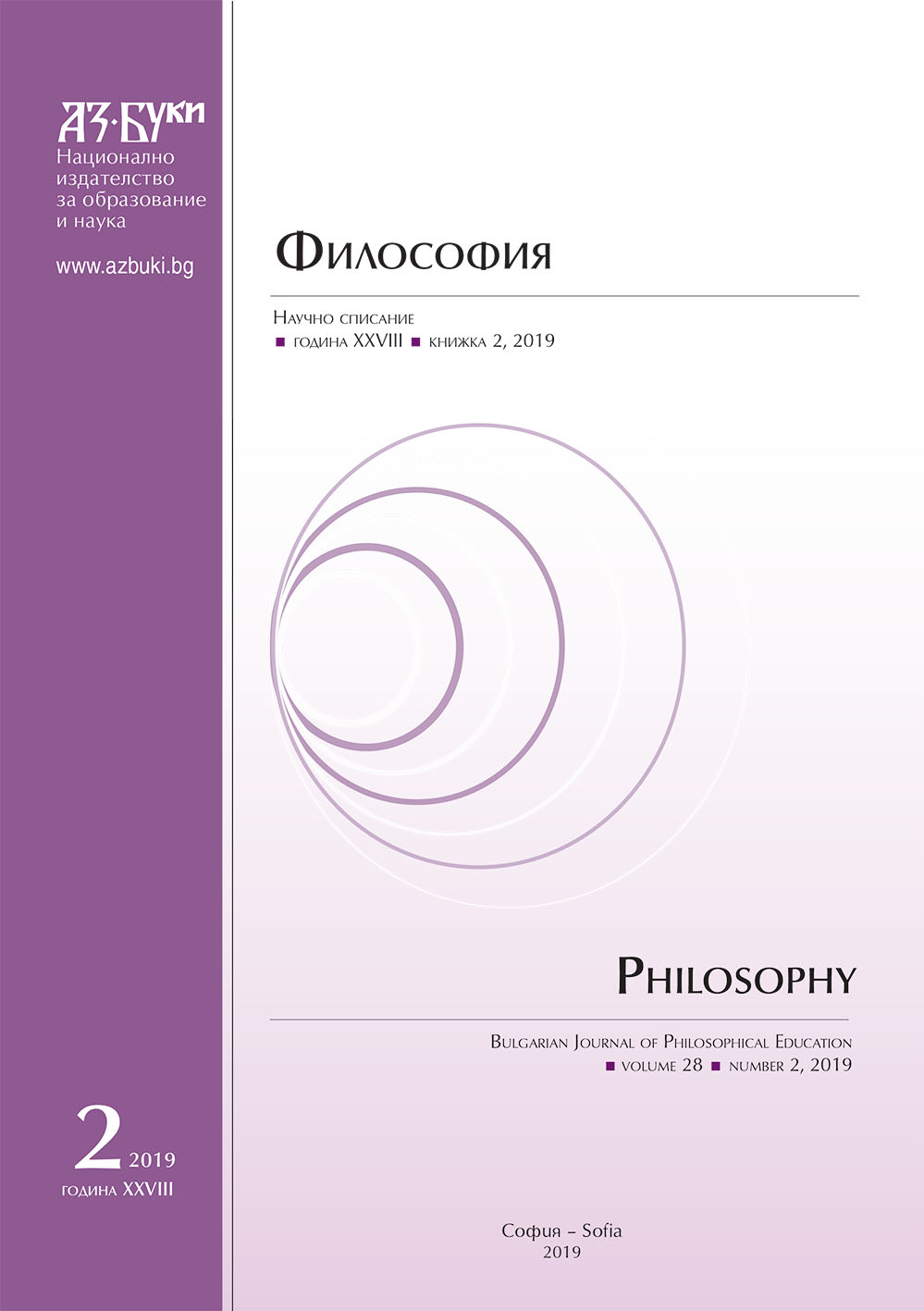
The aim of the current paper is to discuss medicine as a unity of scientific knowledge, acquired skills, and attitude based on moral responsibility. Following an analysis of the terms ‘science’ and ‘art’, it is suggested that neither of them singlehandedly satisfies the requirements of contemporary medicine and those of medical practitioners. As a science, its focus is rather on the illness itself than on the patient and their needs and preferences. As an art, it prioritises the patients and their individual needs but risks undermining the knowledge and experience of the medical professional. The most beneficial option is a symbiosis between science and art. A dialogue between them would increase the amount of trust in the medical profession as a combination of scientific knowledge and technical skills.
More...
The paper seeks to investigate some of the anthropological consequences of the First World War, which was not simply just another but the first total war. It was without a clear dividing line between the front and the rear; it was with long duration, involving the mobilization of millions of people, most of whom not specialized in conducting military actions. In this perspective, the paper analyses some specific modes of the interpenetrations of peacetime’ attitudes and frontline’ experiences. Special attention is paid to the rearrangement of the human sensorium of the soldiers in the trenches of the First World War. Another subject is the correspondence between soldiers and their families in the rear. The letters contain both the experience from the front and the peacetime attitudes of the soldiers. Their language is shaped by the tension between the two worlds – of the war and of the peace.
More...
Contemporary cognition theory claims to be a separate branch, separate from philosophy. Would that mean that the other major pillar ontology would also become independent? What will be left of the philosophical body in that case? This, however, will not be a topic to be dealt with here, but only with this side of epistemology that is relevant to anthropology and the social sciences. The context of anthropology will give another status of knowledge theory to the human world, which is socially constructed. The problem of reality and truth will be related to what people believe and adhere to.
More...
Experiencing loss and grief after a failed attempt at assisted reproduction leads to serious emotional repercussions for the mother and the couple as a whole. To pinpoint the philosophical-existential fears of the mother “that wasn’t” is of great importance, for it allows deliberate work to be done to help the present loss reaction. The serious medico-psychosocial problem present deserves to be examined due to the wide philosophical-ethical resonances it leads to. In some cases the reaction to loss can lead to a rejection of further tries, to “unlocking” depression and other mental illnesses. The authors present their own study involving 29 women aged 28 – 43, evaluated with two standardized self assessment psychological questionnaires for depression and anxiety, an interview and a survey. Based on the provided result data the patients most often had difficulties overcoming their loss, due to being situated in the phases of Anger and Depression, as based on the Stages of Grief, and report symptoms of generalized stress, depression and anxiety. Patients remain certain in the need for individual and group psychosocial work to overcome the loss.
More...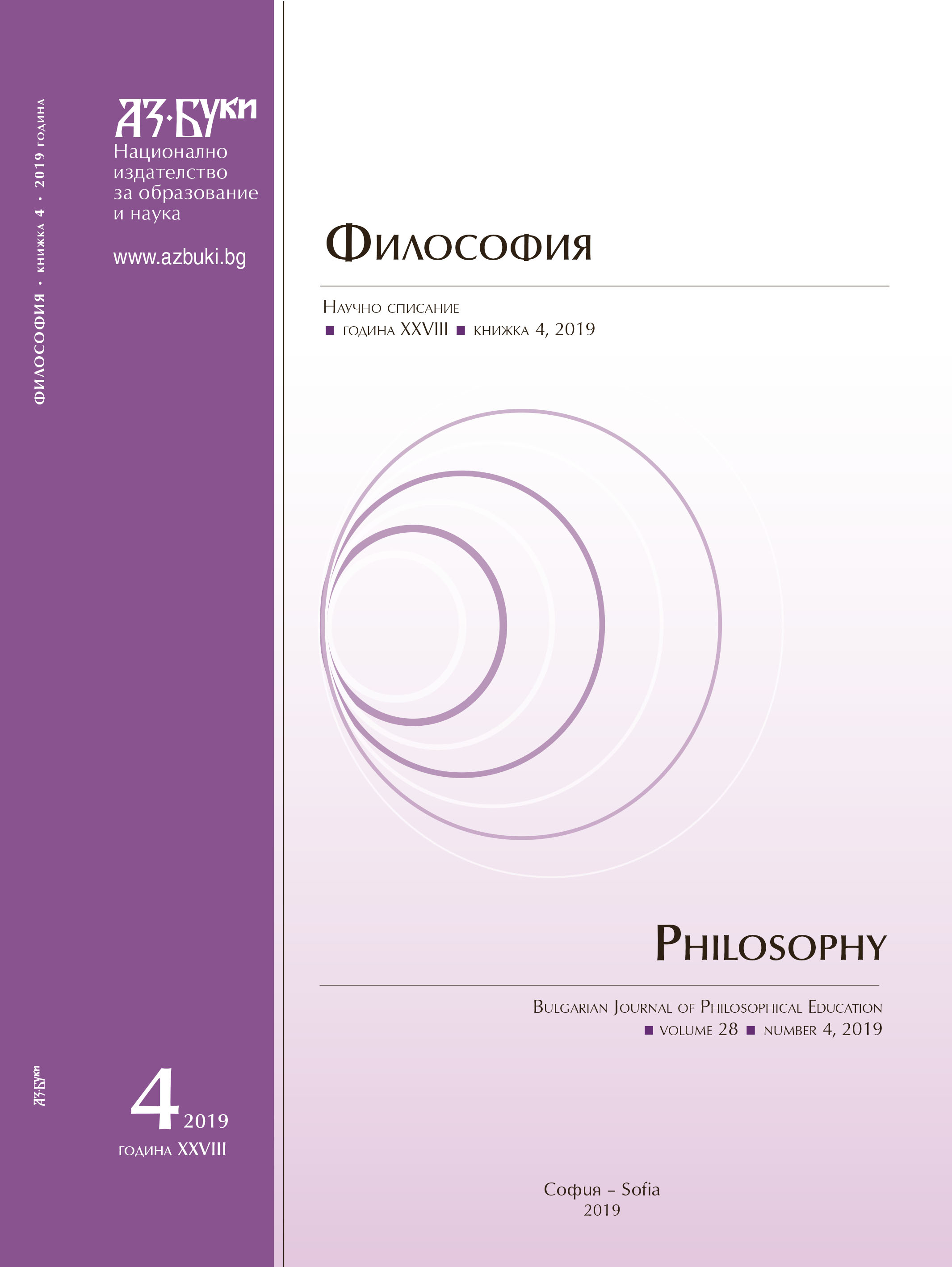
The aspirations of post-colonial political elites in Africa can be summed up as the quest for development. This quest since independence, involves, in part, the pursuit of a common citizenship, shared nationality and common interests and values, the evolution of which provide the bedrock for mutual co-existence and the commitment of all to the common good. It also involves the establishment of institutions that will guarantee peace, justice, and fairness. However, the process of realizing these goals of broadening the scope of socio-political interactions have been vitiated by our colonial experiences and consequently unleashed certain centrifugal forces that have made the quest for community development in most African states a daunting task.The divisive tendencies of the colonialists created communal identities, which provided a new symbolic and ethnocentric focus for each group where none existed and thus complicated the task of welding diverse elements in each colony into a coherent whole. This became the source of the proliferation of many life threatening conflicts which has impeded the process of community development in Africa. But why has these conflicts persist in spite of the several attempts to meet them? This paper argues that the above account fails because it ignores the values Africans place on human worth given expression in their communal context. The attempt here is to explore South Africa`s indigenous unifying social ethic of Ubuntu in arriving at a humane society that has a participatory value; founded on co-operation, charity, reconciliation and justice rather than the individualism of the West. This paper will, therefore, employ the analytic descriptive method to examine the above in a manner many scholars have ignored in an attempt to develop a viable sense of community in Africa. Hence, it is expected that this paper will initiate a perspective that will challenge extant interpretation of this discourse.
More...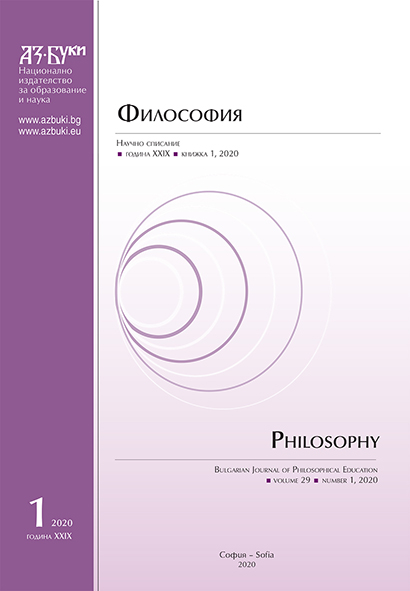
The aim of the paper is to show that the standard criticism directed to Kant that he allegedly accepted the uniqueness and objectivity of the three dimensional Euclidean geometry is irrelevant. Long before the birth of non-Euclidean geometries it occurred to Kant that extensions could exist with other properties and dimensions, which describe other possible worlds. And long before Hilary Putnam to explain the differentiation of the notion of straight line that obeys two types of laws – geometrical and physical, Kant has presented the possibility of this differentiation in his first Critique.
More...
The specialized understanding of natural kinds (NK) has a theoretical impact on the concept of emergent properties (EP) in particular, as well as on the understanding of the phenomenon of emergence as a whole. The problem is closely related to the tendencies towards their essentialization and theoretical demarcation. The theoretical tension is inevitably manifested in the attempts to consolidate the two concepts, which are generally considered in essentialist terms. A naturalistic, non-essentialist, approach could integrate them into a unified theoretical method, avoiding the problems of their traditional analysis. In the article, NK will be considered as reaction clusters, and EP as complexes of reaction clusters. Both will be directly related to the introduced concepts of reaction potential and stability. The relationship between these concepts will be defined and operationalized, thus explicating the result, considering the phenomenon of emergence as enhancing the reaction potential of a given structure or a complex system, which is in a proportional relation to its net stability.
More...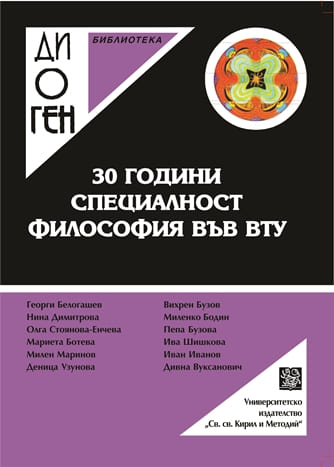
Nowadays, it is increasingly difficult for us to construct the world as a result of the erosion of values in all spheres of society. The normalization of social deprivations, such as justice and security, positions fear in people’s everyday life. In his 𝑅ℎ𝑒𝑡𝑜𝑟𝑖𝑐, Aristotle associates fear with the expected evil that can befall us. In the current situations of a pandemic with a possible restart and of closely positioned hostilities, the media multiply fear on a large scale.
More...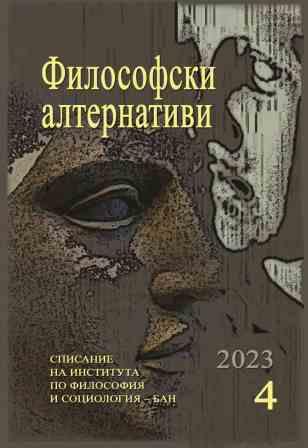
In this paper the relationship between humanities as a field and tragedy is examined. Relying on Menke’s analysis of the tragic (Menke 2009) we examine in some depth the ideas of Schelling, Hölderlin and Friedrich Schlegel on the subject and how they positioned themselves on the topic of the possibility of the tragic in Modernity. Accepting that both the speculative idealist model of the didactic play and the model of the romantic comedy tried to overcome the tragic, we conclude that the element of tragic is still a worthy and much needed topic to be part of the humanities in the XXI century and Post-Modernity, primarily as a way of thinking power.
More...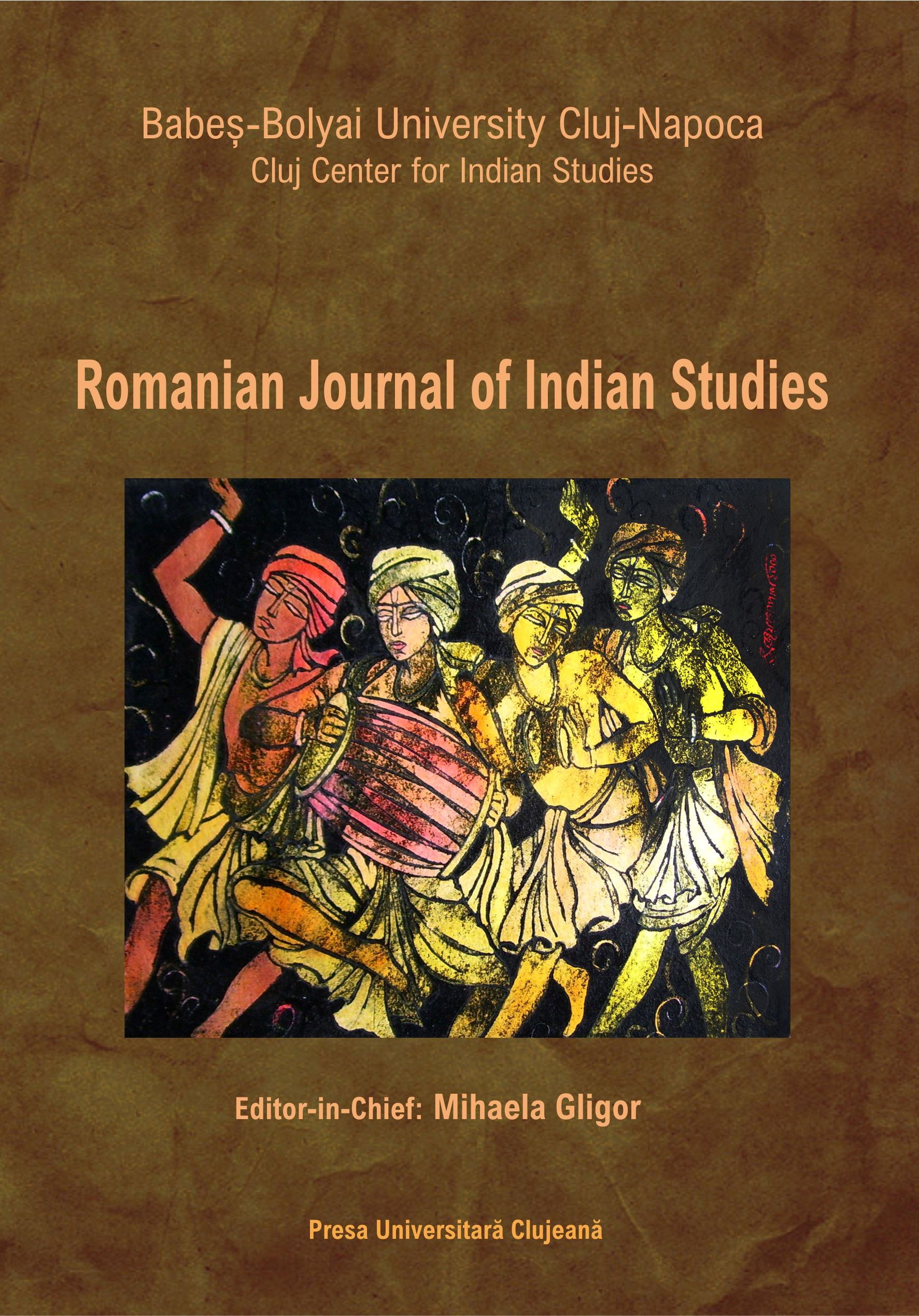
It is misunderstood that tribal people have no proper awareness of phenomena of a thing. Perhaps it is for this reason that in any academic scholarship concerning tribal state of affairs, metaphysics in particular and philosophy in general has been dislocated from tribal enterprise. Their physical problems such as landlessness, hunger, poverty including liberation from these sufferings have been the age-old headlines in tribal studies. Many have miscalculated that tribal people solely rely on the objective revelation in defining reality without truly participating in it. In fact, tribal people suspend neither subjective nor objective affirmation; they keep harmonious relationship between the two. It is in the harmonious environment through being in the world that tribal identity has been acknowledged, and the objective truth has also been understood. Being-in-the-world (Dasein) as a methodology for doing tribal theology helps tribal in building authentic existence and in direction towards ontological theology.
More...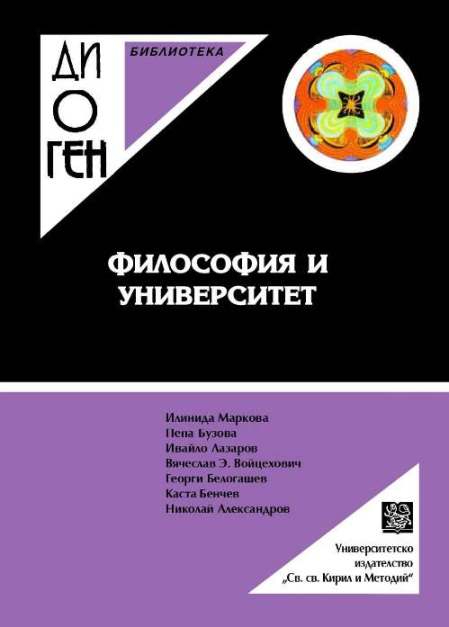
The article starts from the thesis that the ancient East is a unique space, time and donor of the cultural beginning in a world that has lost the humane sense of authentic culture and exists without clarity about the relationship of tension between culture and civilization. The ancient East is an example of quality, and not so much of quantity, of its cultural and religious heritage. Nowhere has the religious managed to dominate everyday experience as it is demonstrated by Eastern teachings. The sense of existentiality of the experience and unity with everything while maintaining a sacred attitude towards the pure springs of spirituality is a great merit of the East. Unique are the rituals, meanings and methods we have available to develop our knowledge in the most profound way – as self-knowledge. Rediscovering the East through a critical and reflexive methodology, today we again have the lost productive potential of the religious and the authentic cultural.
More...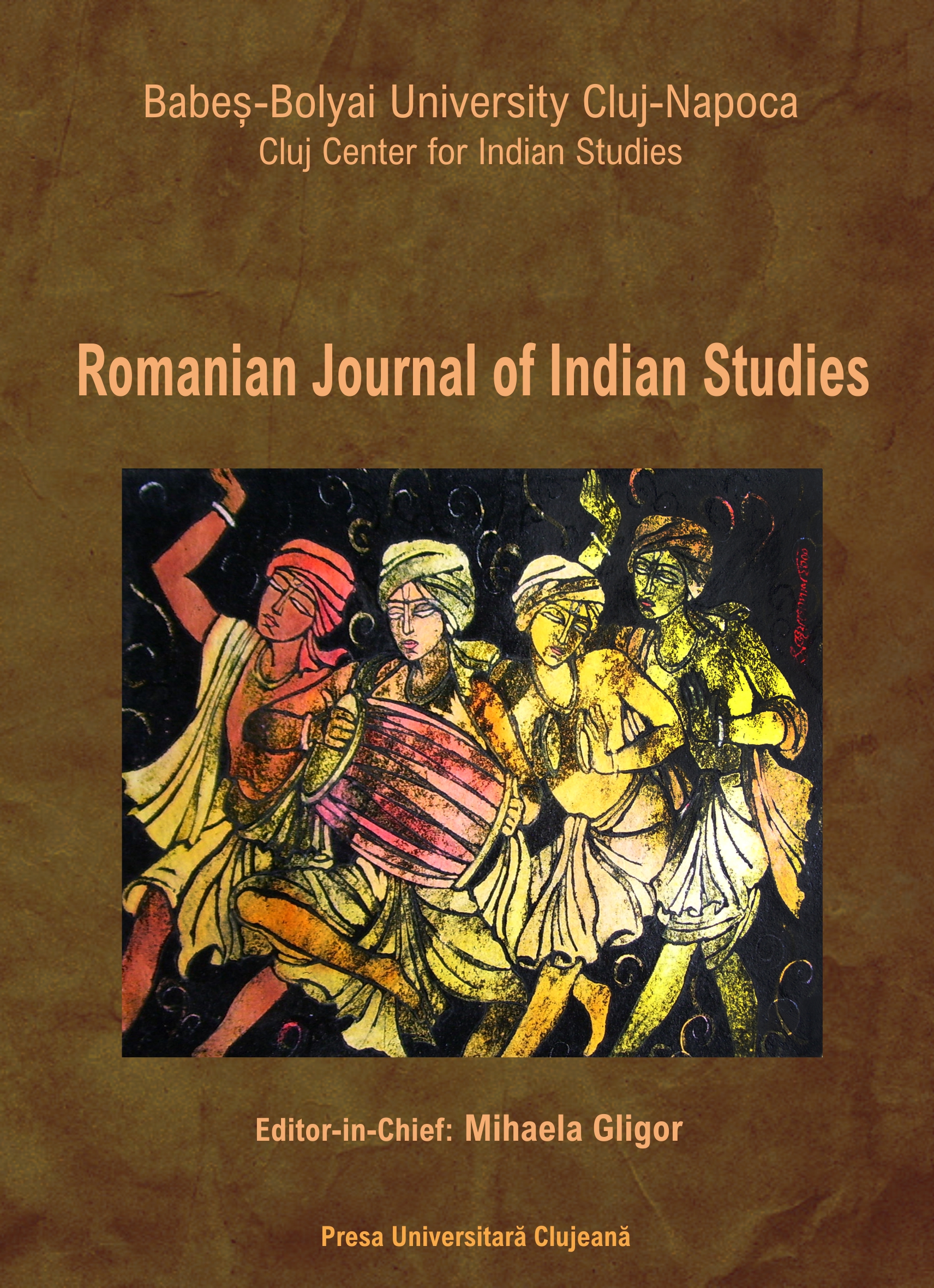
Rabindranath Tagore’s dramatic techniques employ a rich tapestry of symbolic language, where imagery serves as a vehicle for both narrative progression and the expression of complex social critiques. Set against the backdrop of rigid caste hierarchies prevalent in society, the play presents the transformative journey of Prakriti, an untouchable woman who confronts the deeply ingrained social prejudices of her time. Through its poetic language and richly layered imagery, Chandalika goes beyond a mere narrative of social critique to become a profound meditation on human dignity, identity, and freedom. Through a detailed analysis of these imagistic elements, this study highlights how Tagore’s visual language not only enriches the dramatic experience but also invites a deeper understanding of the socio-cultural issues addressed in the play. The paper argues that Chandalika serves as a powerful example of how metaphors of liberation, when intertwined with visual symbolism, can transcend the constraints of conventional drama to deliver a potent message of human dignity and self-worth.
More...